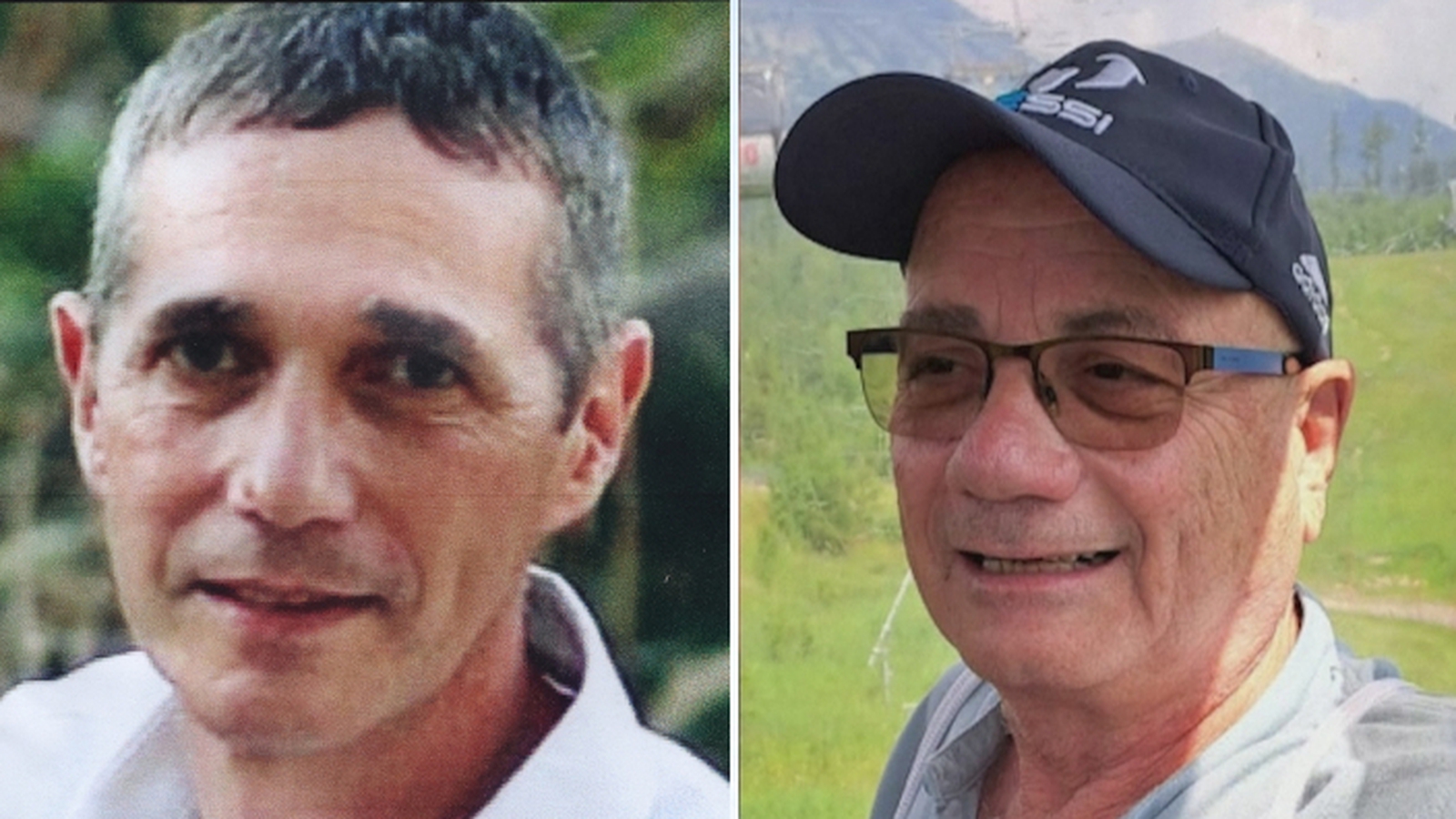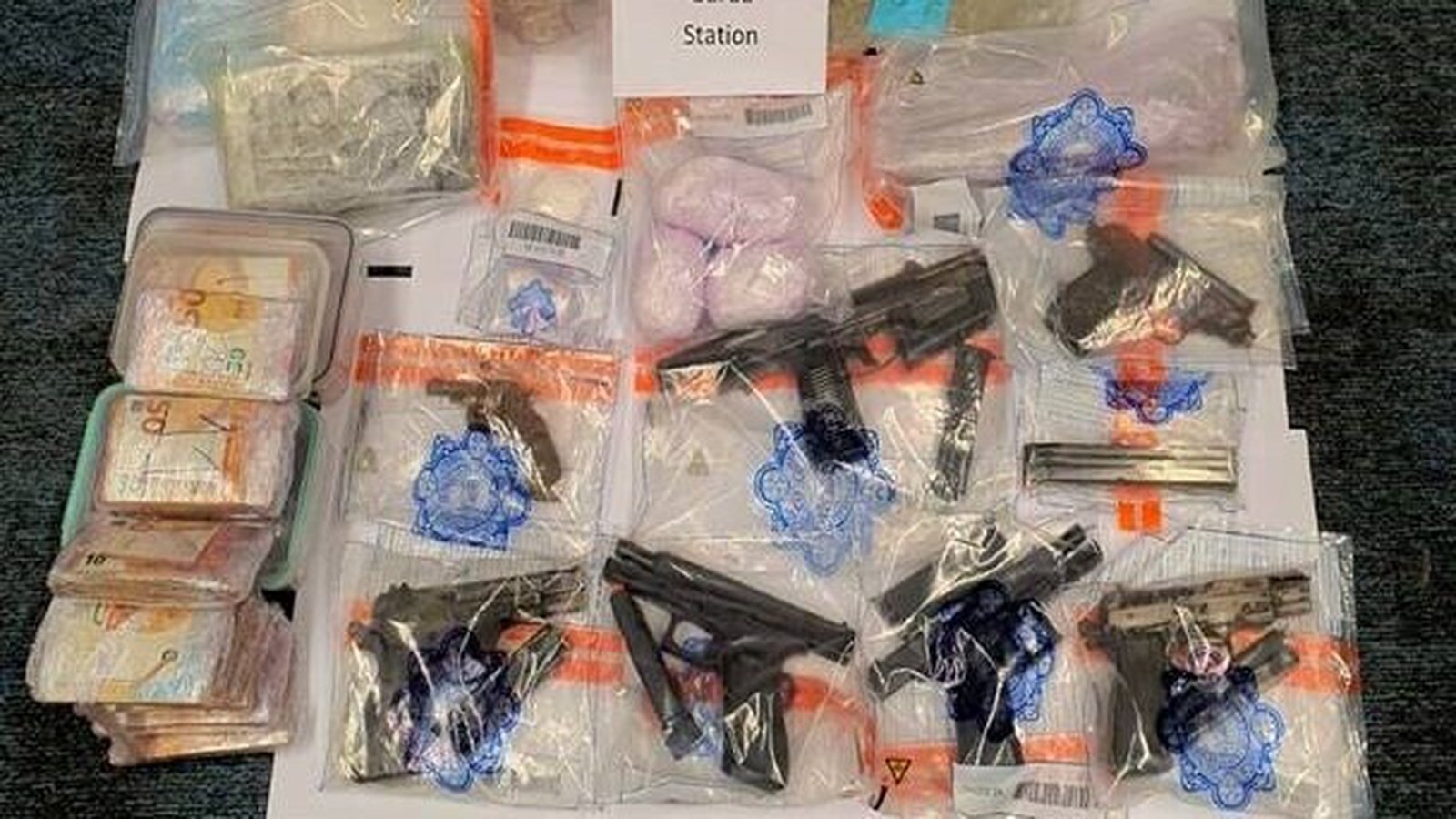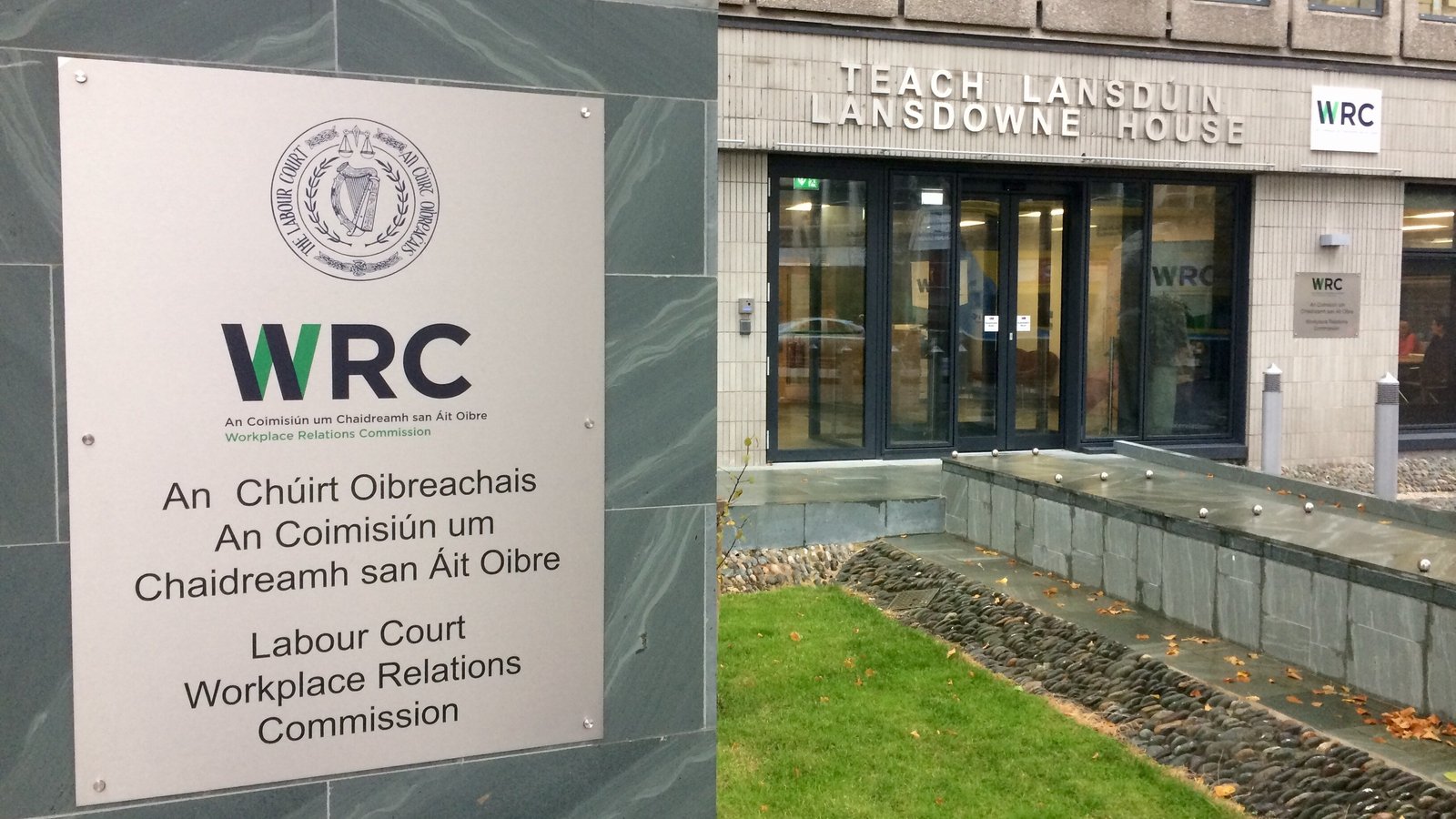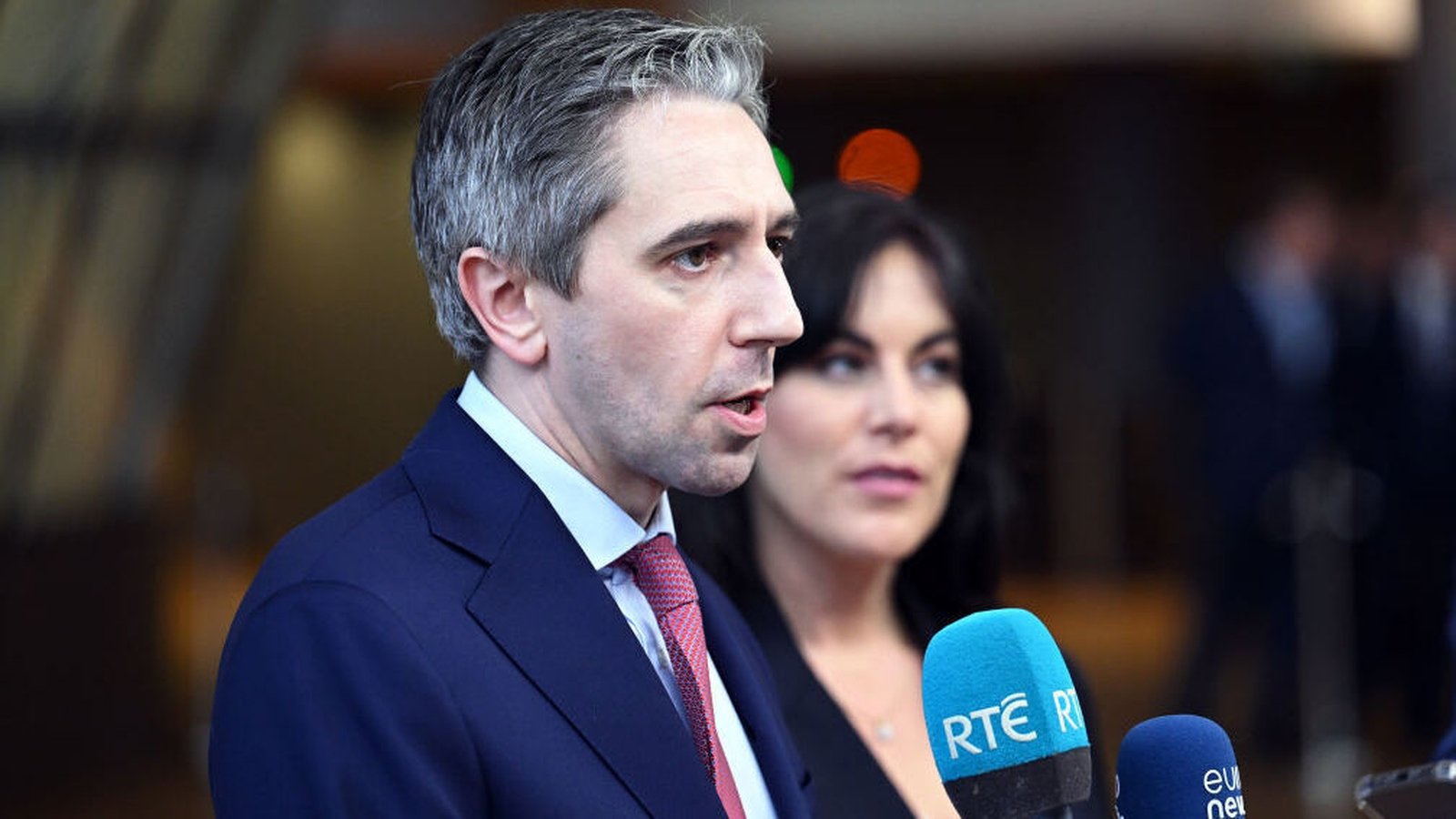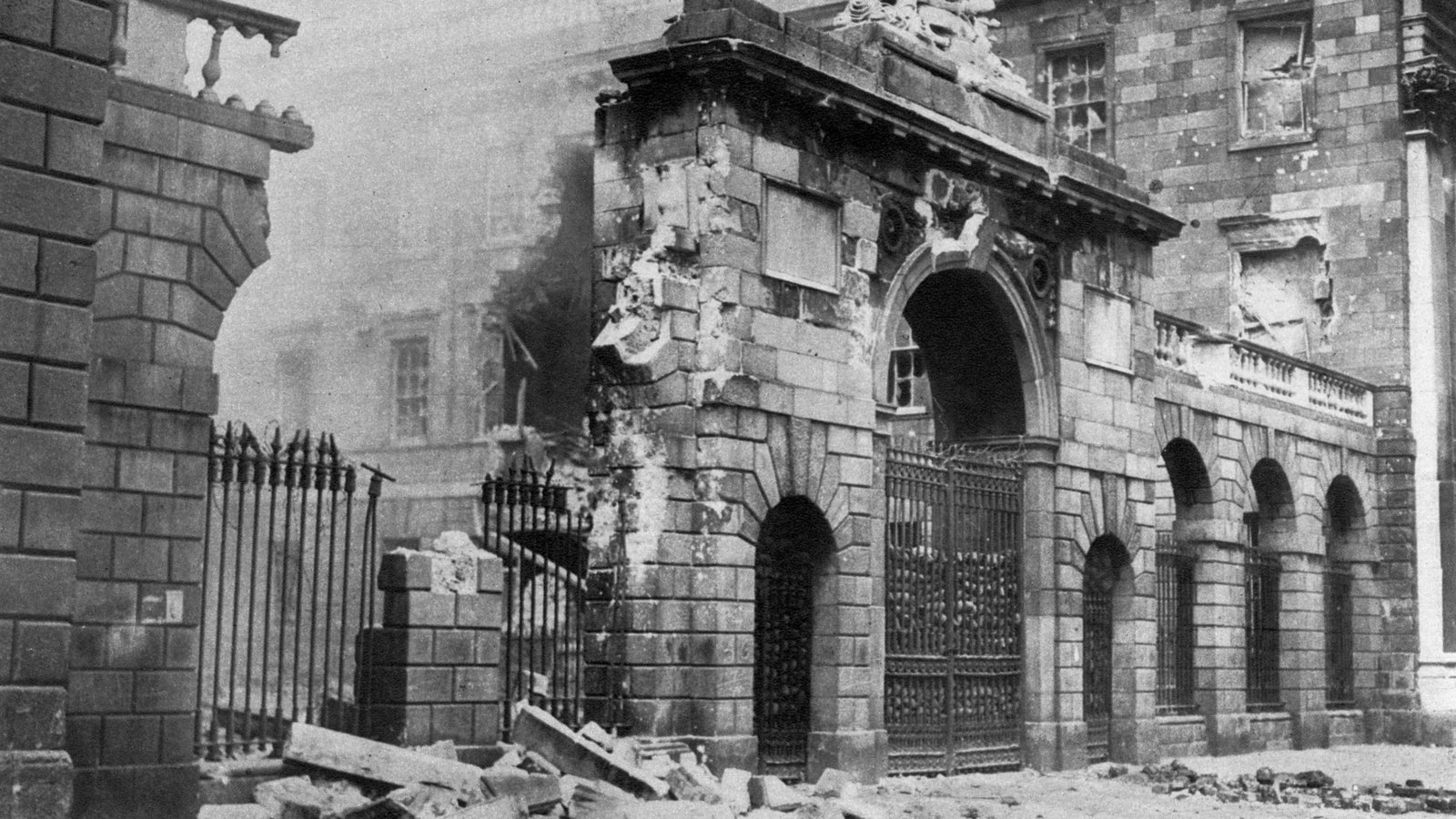Support for Ukraine weakens at UN as anniversary nears
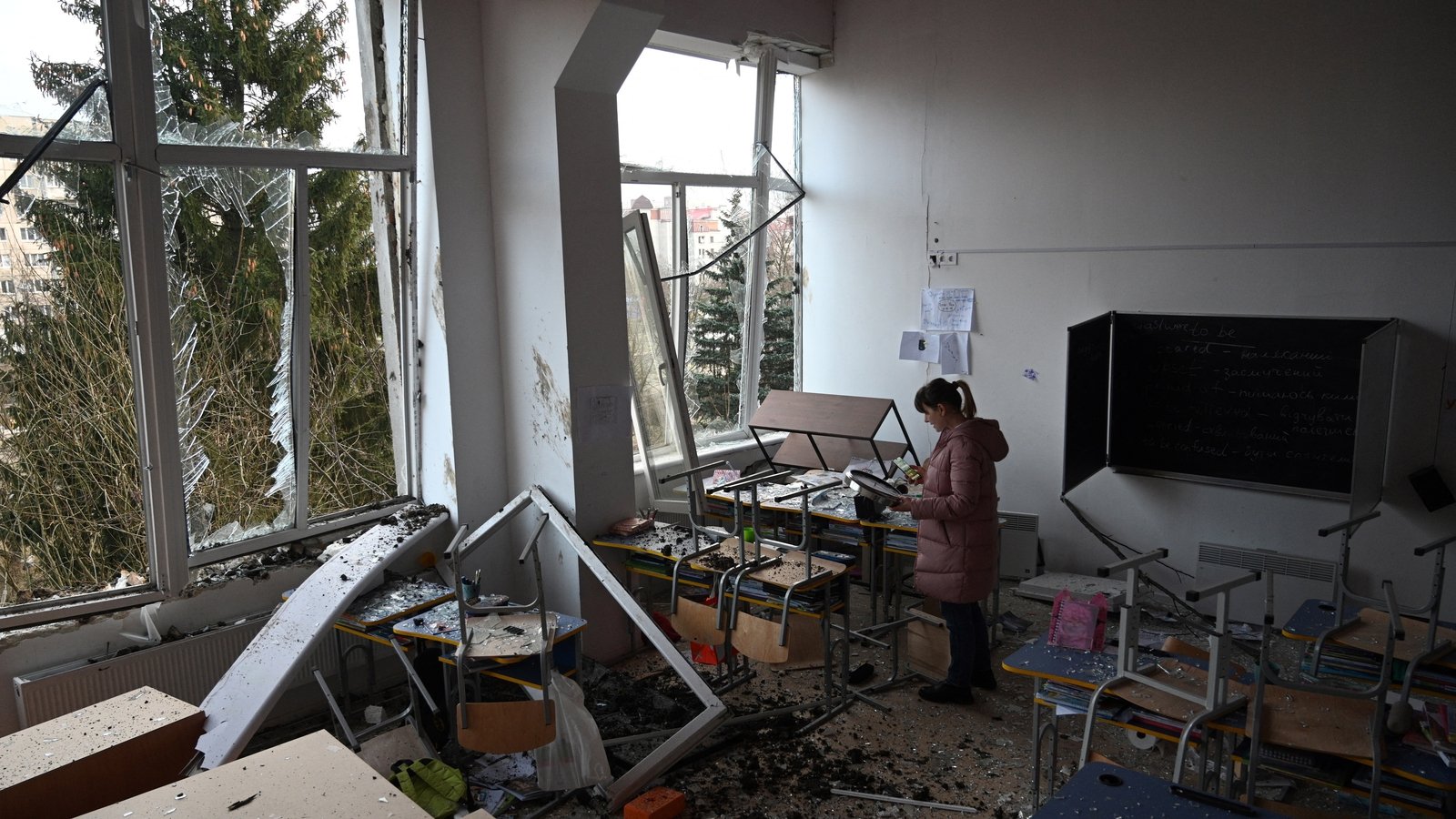
It was one of the most dramatic moments in Security Council history.
The Russian ambassador was chairing a meeting as president of the Council on 23 February 2022, when, after weeks of insisting it wasn’t going to, Russia invaded Ukraine.
As the news broke, council members looked at their phones and each other in shock and disbelief.
“This is the saddest moment of my tenure as Secretary General of the United Nations,” a visibly shaken António Guterres told reporters after the meeting.
In the days that followed, the United Nations rallied around Ukraine in solidarity with a small member state, attacked by its powerful neighbour.
A General Assembly resolution in early March that year, saw 141 countries – considered an overwhelming majority – condemn Russian aggression.
Another vote, on the first anniversary of the invasion, drew another robust show of support.
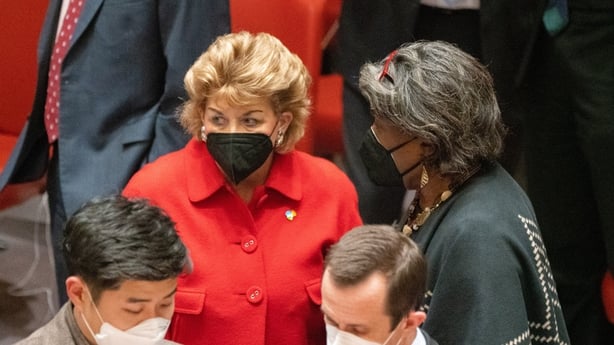
But it’s a very different world today.
The conflict in Gaza is now centre stage and cracks have begun to appear in the support Ukraine enjoyed.
It’s down to the voting decisions of some European states and the United States’ use of its veto in the Security Council to block calls for a ceasefire – despite 145 states voting for one.
Many countries are “deeply disappointed with the Western stance on Gaza,” Richard Gowan, UN Director at the Crisis Group – a think tank – told RTÉ News and “for that reason will not support US or European positions on Ukraine,” he said.
“Arab diplomats and others from outside the West say they sympathise with Ukraine and previously lent their votes in support of the Ukrainians,” Mr Gowan said, but that the US and many European countries “did not reciprocate” and failed to show solidarity with the Palestinians at the UN.
“We see that there is a flagrant double standard in dealing with the issues of Ukraine and Palestine,” Maged Abdelaziz, Permanent Observer of the League of Arab States, said.
He said that both were “issues of occupation that should be addressed at the same time”.
“We see that Ukraine is getting massive support, weaponry, facilities, all kinds of things and Palestine is getting crushed and getting cornered in the Security Council,” Ambassador Abdelaziz said.
This year, European ministers will travel to the UN in New York to mark the second anniversary of the invasion of Ukraine.
But there are no plans to hold another vote, lest there be a visible drop in the numbers.
The Ukrainian Ambassador brushed off perceptions of weakening support for Ukraine inside the UN because, he said, members states still agree on the principle that no nation would want to see their territory invaded, in violation of the UN Charter.
“The fundamental problem with the Russian invasion of Ukraine – no prejudice to the conflict in Gaza or Yemen or other conflicts around the world – is that it is the only conflict where the country that sits in the permanent seat of the Security Council bluntly violates the very foundations of this organisation,” the Ambassador of Ukraine to the United Nations Sergiy Kyslytsya said.
Russia, France, China, UK and US are the five permanent members of the Security Council, which has become the battleground for both the Ukraine and Gaza conflicts.
And for the past two years it has been a forum for Russia to justify its military assault, blaming it on Ukraine, the US and NATO.
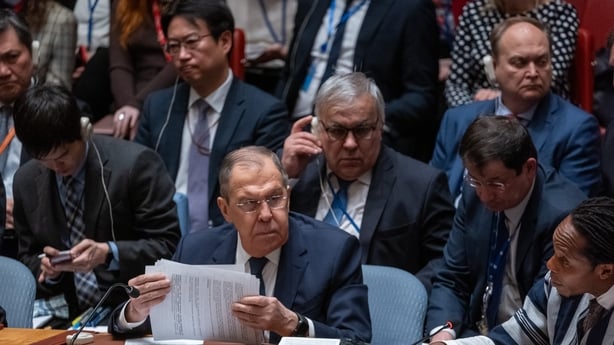
In a recent meeting called by Russia, Ambassador Vasily Nebenzya said the war was a result of the Kyiv’s government’s failure to implement the 2015 Minsk agreements – a deal that was struck between Ukraine and Russian separatists, following Russia’s occupation of Crimea in 2014.
He said the situation in Ukraine was “a tragedy in which the US and the collective West are complicit as they try to achieve their geopolitical aims at the cost of Ukraine and the lives of its citizens.”
At the same meeting, in what has become a familiar pattern of tit-for-tat allegations at the council, US Deputy Ambassador to the UN Robert Wood accused the Russian envoy of spreading “disinformation” and said it was Russia who had trounced the Minsk Agreements.
Tension between the US and Russia was already running high over Ukraine.
So when the US deployed its veto on a ceasefire in Gaza, Russia sought to capitalise.
“Russian diplomats see this as a massive boon,” Mr Gowan said, because they can cast the United States as “the bad guys” on the Middle East.
That hasn’t always gone down well with other council members who believe that Moscow is “instrumentalising the suffering” of the Palestinian people, he said.
But it all adds to the impression of a dysfunctional council.
Ambassador Abdelaziz described it as a “geopolitical dilemma that we are living here in the United Nations between the East and the West which should be ending soon.”
“Otherwise, it will damage the reputation of the Security Council and the reputation of the United Nations,” he told RTÉ News.
It may be too late for that.
A more pressing issue for Ukrainian officials, though, is wavering support in Washington.
A spending bill, which would see $60 billion in military aid to Ukraine, passed the US Senate but may not survive a vote in the House of Representatives.
And a Republican victory in the US presidential elections in November, could spell the end of US backing for Ukraine for good, as well as reduced engagement with the UN.
“It’s an incredibly difficult situation,” Ambassador Kyslytsya said.
“It makes me very anxious – we are all anxious,” he said.
“Neither the global security architecture nor the United Nations can exist without the United States”.

